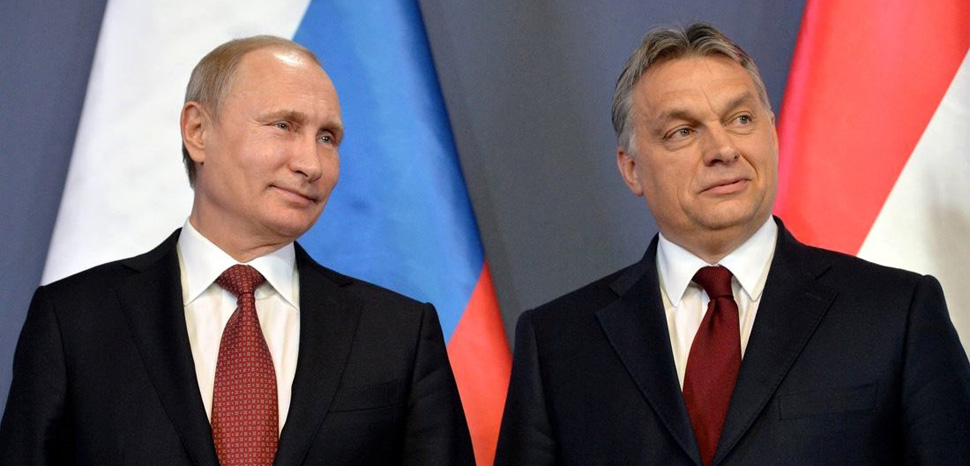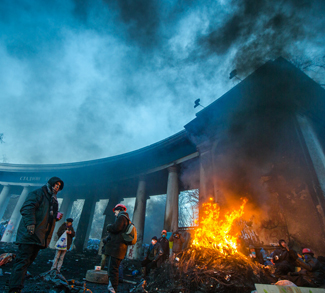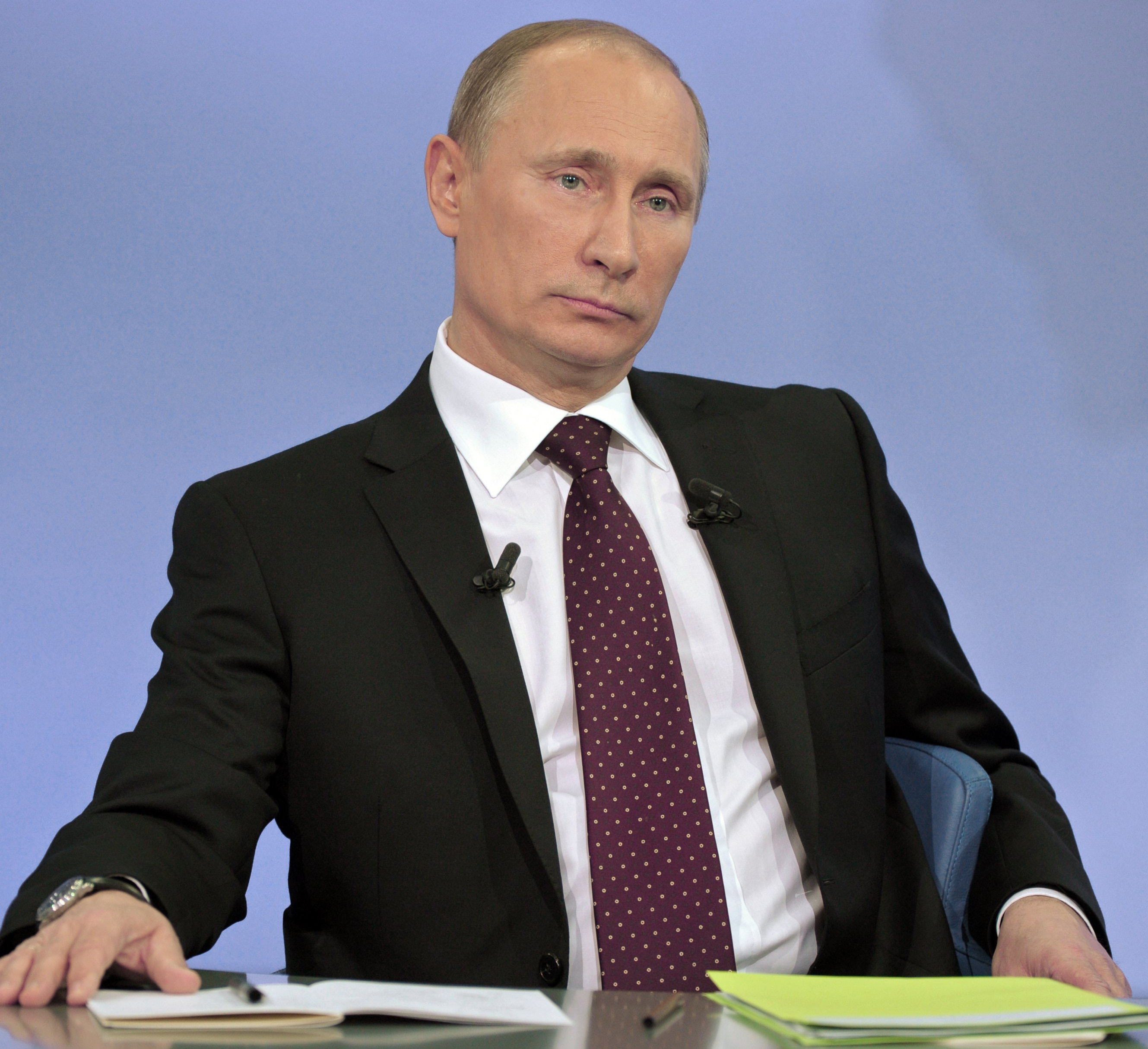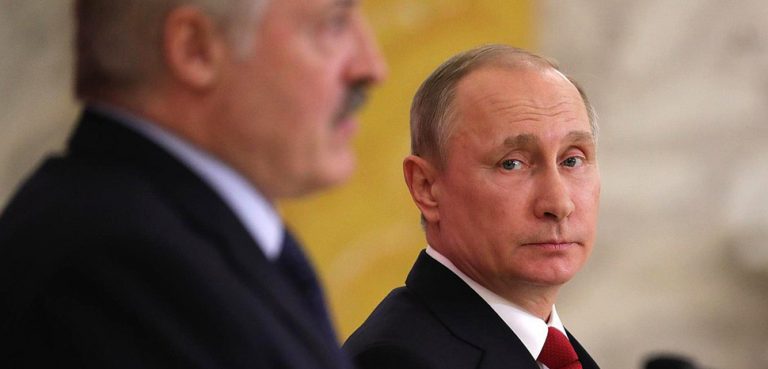Russia’s invasion of Ukraine that began on 24 February 2022 has taken a number of political science experts and specialists in the field of security studies by surprise, while opening a dangerous new chapter with potentially profound implications for European security and the international system as a whole. However, in a somewhat surprising twist, among nationalist-populist parties in Western Europe occupying the right to far-right side of the political spectrum, the all-out military assault initiated by the Putin regime may lead to a state resembling an ‘end of history’ by significantly diminishing Russia’s appeal as an ideological and cultural counterweight to the supposedly overly liberal, globalist, and anti-nationalist West. With Vladimir Putin and his administration already on the losing side in the information war over the Ukraine conflict, it seems likely that they will have to contend with a normative defeat even among the majority of the nationalists in Western Europe who previously had an inclination to regard Putin as a natural ally.
While by no means universal, the general appeal of Putin’s Russia among the right-wing populist parties in both Western Europe and the United States, is well-established, at least since 2012, when Russia donned the mantle of an “international conservative power.” The reasons for the nationalist-populists’ sympathy for the Russian regime, as evidenced for example by a number of laudatory public pronouncements made by politicians belonging to the populist right in Western Europe, could largely be attributed to the perception that Russia is on the same page as them when it comes to upholding traditional values, opposing anti-nationalist narratives and politically correct tendencies associated with the European Union (EU), adopting an uncompromising stance against Islamic extremism, and rejecting the “open border” policies conducive to mass immigration from outside the European continent.
Nonetheless, Russia’s military’s campaign in Ukraine is dramatically changing the wind’s course from the standpoint of Western nationalist-populist politicians.
Firstly, the claim previously advanced by some right-wingers, such as former UKIP (UK Independence Party) leader Nigel Farage, that Russia as a country is merely interested in protecting itself against Western-led globalization and has no ambitions to threaten Western Europe, no longer appears credible given the potential of an escalation of the Ukrainian conflict that could involve a spillover into NATO member states as well. Furthermore, the media coverage of the military engagements and atrocities against civilians that are taking place very close to the EU’s borders makes it much more difficult to simply dismiss the Russian intervention (unlike in the case of their actions in support of President Bashar al-Assad during the Syrian civil war) as a “military exercise” in a non-European theater of operations, which may be justifiable on the basis of the need to safeguard national interests of paramount importance. In a sense, the lack of any semblance of a convincing moral pretext for the war also firmly positions the Russian state into or even beyond the neocolonialist territory, which does not mesh well with a number of the nationalist-populists parties’ previous admiration of Russia’s respect for the principle of national sovereignty, in contrast to the interventionist United States.
On an emotional level, Putin’s decision to unleash the Islamic Chechen fighters against the Christian Ukrainians, which has been regarded as an element of psychological warfare due to the Ramzan Kadyrov loyalists’ reputation as experienced participants in ruthless wars of attrition and urban warfare, is quite difficult to reconcile with the European populists’ appraisal of Russia as a defender of Christendom. In the minds of Western right-wingers who are inclined to regard conservative Muslim values as being at loggerheads with European cultural mores, Putin’s use of Kadyrov’s private army as well his courting of fighters from regions such as the Middle East, arguably entrenches the perception that Russia is not averse to pursuing Western-style Realpolitik, even if at the expense of fellow Europeans belonging to a brotherly nation, and is not constrained by some sort of a unique Eastern idealist morality.
Similarly, Putin’s close ally, Belarusian President Alexander Lukashenko, who has been characterized as complicit in the ongoing war, did not appear to show any inhibitions motivated by a spirit of Slavic solidarity and used refugees from the Middle East as pawns in order to provoke a migration crisis in Poland and in other countries bordering Belarus, starting from July 2021, following Belarus’ severe deterioration in relations with the European Union due to the authorities’ aggressive crackdown on the participants in the 2020 Belarusian protests.
The preeminence of the ‘denazification’ rhetoric in Putin’s explanation for his decision to launch the invasion of Ukraine will also inevitably raise eyebrows among some of the Western right-wingers, as from their standpoint it could be regarded as echoing liberal tropes conflating expressions of ethnic or cultural nationalism with sympathy for Neo-Nazism. The Russian President’s rejection of the validity of Ukrainian ethnic nationalism and his revisionist accounts regarding the history of Ukraine may from the perspective of Western European populists evoke parallels with the perceived threat posed by the EU to the survival of national cultures and identities, especially given the strong indications that Putin, significantly influenced by the works of political analyst Aleksandr Dugin, subscribes to a pan-national Eurasianist ideology rather than Russian nationalism. In fact, Alexey Navalny, a prominent critic of the Russian President and the most recognizable face of the Russian opposition movement, has previously implied that Putin’s vision of Russian national identity is too multicultural and not sufficiently deferential to ethnic nationalism.
The increasingly incongruent belief systems aside, many nationalist-populist parties in Western Europe, such as the National Rally in France (known until 2018 as the National Front), have made great strides over the course of the last twenty years in shedding their negative image of being extreme right movements and are probably already close to maximizing their electoral potential. Thus, continuing to express sympathy for Putin’s regime and extolling the virtues of the Russian political system appear to be counterproductive for them with regard to maintaining their support base. Such statements could potentially set them back years and offset the gains in respectability they have made due to the near universal disapproval among the citizens of their countries of Russia’s actions in Ukraine.
With prominent nationalist-populist political figures such as the Italian Northern League’s Matteo Salvini recently attracting negative publicity even in countries such as Poland that have strayed from EU-style liberalism in the cultural realm, and having to walk back previous statements of support for Putin, as well as with Russia being at least for the foreseeable future unlikely to be in a position to offer much financial support to such parties due to the precarious economic situation it is finding itself in as a result of the sanctions imposed by the West, the stage seems to have been set for the dismantling of the partly ideological and partly instrumental alliance between many Western nationalist-populist parties and the Putin regime. In a similar fashion to the way in which the war is making the Ukrainians even more Ukrainian, it may also cause the Western European populists to become more inward-looking and rediscover their sense of belonging to the Occident.
The views expressed in this article belong to the authors alone and do not necessarily reflect those of Geopoliticalmonitor.com




